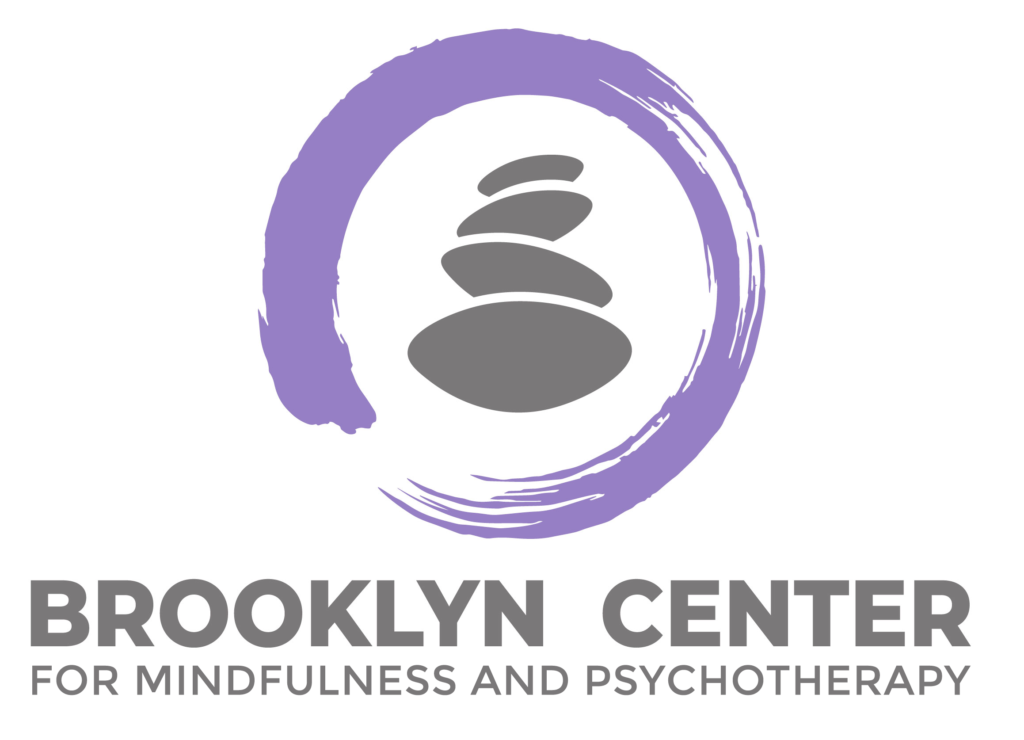New York is a vibrant and exciting city home to some of the world’s most talented and driven individuals. However, the fast-paced and high-pressure environment can also be incredibly stressful and overwhelming, leading many individuals to struggle with stress, anxiety, and burnout. Fortunately, resources are available to help individuals manage stress, navigate life transitions, and achieve personal and professional success in New York. Coaching and life adjustment therapy are powerful tools that help individuals transform their lives and move from stress to victory in the city. This article will explore the benefits of coaching and life adjustment therapy for stress management and personal growth in New York.
Stress and its effects
Stress is an inevitable part of life. We all experience stress in varying degrees, from minor inconveniences to major life-changing events. While a small amount of stress can be beneficial and even motivating, prolonged or chronic stress can seriously affect our physical, mental, and emotional health.
Stress can be defined as a state of mental or emotional strain or tension resulting from adverse or demanding circumstances. This strain can come from various sources, including work, relationships, finances, and health issues. When we experience stress, our body responds with a physiological response commonly known as the “fight or flight” response. This response triggers the release of hormones such as adrenaline and cortisol, which increase heart rate, blood pressure, and glucose levels in preparation for a physical reaction.
While the fight or flight response can be helpful in emergencies, when activated chronically, it can cause significant harm to our health. Chronic stress has been linked to various adverse health outcomes, including cardiovascular disease, high blood pressure, diabetes, depression, anxiety, and cancer.
One of the most significant effects of stress is its impact on our mental health. Prolonged stress can lead to symptoms of anxiety, depression, and even post-traumatic stress disorder (PTSD). Chronic stress can also cause changes in the brain, including reduced size in the hippocampus, which is responsible for memory and learning, and increased activity in the amygdala, which is responsible for processing emotions. These changes can have long-lasting effects on our mental and emotional health, making it difficult to manage stress and maintain a healthy outlook.
In addition to its effects on mental health, stress can also significantly impact our physical health. Chronic stress can lead to high blood pressure, heart disease, stroke, and other cardiovascular conditions. It can also weaken the immune system, making us more susceptible to infections and illnesses. Stress can also affect our sleep, leading to insomnia and other sleep disorders.
Stress can also have negative impacts on our social and interpersonal relationships. When stressed, we may become irritable, withdrawn, and less able to communicate effectively with others. This can lead to conflicts in our relationships and even cause us to isolate ourselves from others.

Coaching for Stress Management
Coaching is a collaborative and results-oriented process that empowers individuals to reach their full potential by helping them identify and achieve their goals. Coaching for stress management is a specialized form of coaching that focuses on assisting individuals in managing their stress levels and developing effective coping strategies to prevent stress from negatively impacting their personal and professional lives.
Techniques used in coaching for stress management:
Coaching for stress management involves using various techniques to help individuals identify and manage their stressors effectively. Some methods used in coaching for stress management include:
- Mindfulness techniques focus on bringing attention to the present moment and reducing stress and anxiety. Mindfulness techniques include meditation, deep breathing, and progressive muscle relaxation.
- Cognitive-behavioral techniques focus on changing negative thought patterns and behaviors contributing to stress. Plans can include identifying and challenging negative thoughts, developing coping strategies, and practicing relaxation techniques.
- Time management techniques focus on prioritizing tasks and managing time effectively to reduce stress and overwhelm. Plans can include creating a schedule, setting goals, and delegating tasks.
- Goal-setting techniques focus on setting achievable goals and developing a plan. Methods can include SMART goal-setting, breaking goals into smaller steps, and creating an action plan.
- Positive psychology techniques focus on developing a positive mindset and attitude, which can help individuals manage stress more effectively. Plans include concentrating on strengths, developing gratitude, and practicing self-care.
Benefits of coaching for stress management:
Coaching for stress management can have numerous benefits, including:
- Improved stress management skills: Coaching can help individuals develop effective coping strategies to manage stress and anxiety.
- Increased self-awareness: Coaching can help individuals identify their stress triggers and understand how to manage them better.
- Improved decision-making skills: Coaching can help individuals develop critical thinking skills and make more informed decisions when faced with stressful situations.
- Improved work performance: Coaching can help individuals manage work-related stress and improve their productivity and job satisfaction.
- Improved overall well-being: Coaching can help individuals improve their physical, mental, and emotional health, leading to a better quality of life.
Coaching for stress management is an effective way to help individuals manage their stress levels and prevent stress from negatively impacting their personal and professional lives. By using techniques such as mindfulness, cognitive-behavioral, time management, goal-setting, and positive psychology techniques, coaching can help individuals develop effective coping strategies, increase self-awareness, improve decision-making skills, improve work performance, and overall well-being.

Life Adjustment Therapy for Stress Management
Life Adjustment Therapy is a form of psychotherapy that helps individuals manage significant life changes and transitions that may cause stress. The therapy aims to help individuals adapt to these changes by exploring and addressing their emotions, thoughts, and behaviors. Techniques used in Life Adjustment Therapy for stress management include problem-solving, cognitive-behavioral techniques, and stress-management strategies such as mindfulness and relaxation techniques.
In Life Adjustment Therapy, individuals are encouraged to identify negative thought patterns and replace them with positive ones, develop effective coping strategies, and build resilience to face challenging situations. The benefits of Life Adjustment Therapy for stress management include improved mental health, reduced anxiety and depression, increased strength, better relationships, and an overall improved quality of life.
By developing effective coping strategies, individuals can manage stress more effectively and lead a more fulfilling and satisfying life. Life Adjustment Therapy provides a safe and supportive environment for individuals to explore their emotions, develop effective coping strategies, and achieve their goals.
How Coaching and Life Adjustment Therapy Help in New York
Coaching and Life Adjustment Therapy can benefit individuals experiencing stress and significant life changes in New York. The fast-paced and high-stress environment of the city can make it challenging to maintain a healthy work-life balance, build meaningful relationships, and manage stress effectively. Coaching and Life Adjustment Therapy provide individuals with tools and strategies to navigate these challenges and improve their well-being.
Coaching can help individuals identify sources of stress, develop effective coping strategies, and build resilience to face challenging situations. In New York, coaching can benefit individuals in high-pressure jobs or those experiencing significant life changes such as a move, job loss, or divorce. By working with a trained professional, individuals can develop a more positive mindset and learn to manage stress more effectively, leading to improved mental and physical health, better relationships, and increased productivity.
Life Adjustment Therapy also benefits individuals experiencing stress related to significant life changes and transitions. Life Adjustment Therapy can be beneficial in New York, where many people share the stress of adapting to a new environment, job, or relationship helpful. Working with a therapist allows individuals to explore their emotions and behaviors, develop effective coping strategies, and build resilience to face life’s challenges. Life Adjustment Therapy can help individuals improve their mental health, reduce anxiety and depression, and develop a positive outlook.

What are the benefits of working with a coach?
Working with a professional coach in New York, coaching and life adjustment therapy can offer numerous benefits for individuals looking to manage stress and navigate significant life changes. A coach with expertise in both areas can provide tailored solutions and strategies to help individuals manage stress, develop coping mechanisms, and navigate life transitions.
Coaching and life adjustment therapy can help individuals identify and work through the root causes of stress and anxiety. A coach with professional experience in these areas can offer support and guidance on managing stress through problem-solving, cognitive-behavioral techniques, and stress-management strategies. They can also help individuals navigate significant life transitions such as career, relocation, and relationship changes.
Working with a professional coach in coaching and life adjustment therapy in New York can also provide individuals with a safe space to explore their personal growth and development. Coaches with expertise in these areas can help individuals set and achieve goals, develop new skills, and increase their self-awareness and emotional intelligence.
Overall, working with a coach who is a professional in coaching and life adjustment therapy in New York can be a transformative experience for individuals looking to manage stress, navigate significant life changes, and achieve personal growth. Their expertise and support can help individuals develop the tools and strategies they need to thrive in the fast-paced and high-pressure environment of New York.
Conclusion
Coaching and life adjustment therapy can be precious resources for individuals looking to manage stress, navigate life transitions, and achieve personal growth in New York. Working with a coach who is a professional in these areas can provide tailored support and guidance to help individuals thrive in the fast-paced and competitive environment of the city. At the Brooklyn Center for Mindfulness and Psychotherapy, individuals can access coaching and life adjustment therapy services from experienced professionals dedicated to helping their clients achieve their goals and improve their mental health and well-being. With their expertise and support, individuals can learn valuable skills and strategies to manage stress, navigate significant life changes, and achieve personal and professional success in a city that never sleeps.






